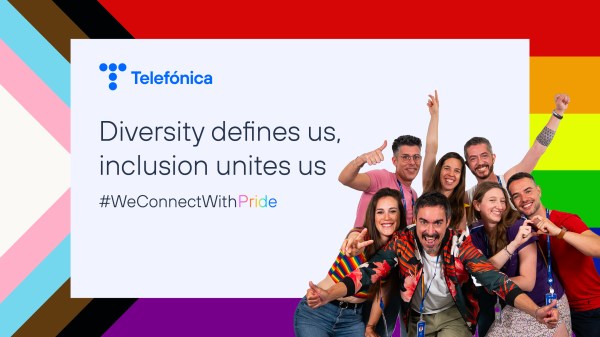Our aim is to review the main psychosocial factors related to the access, integration and performance of people with disabilities in organisations and their implications for their well-being and quality of working life.
“For the purposes of employment policies, persons with a recognised disability are considered to be those with a degree of disability equal to or greater than 33%”. As stated in the fifth additional provision, section 4 of Royal Decree-Law 1/2023, of 10 January, on urgent measures regarding incentives for labour recruitment and improvement of the social protection of artists, the Government will develop the appropriate legislative initiatives to organise and promote employment programmes in favour of people with disabilities”.
Inclusion of persons with disabilities or functional diversity in the labour market
The inclusion of people with disabilities benefits businesses, individuals and society as a whole. The important issue regarding the inclusion of this group is the social perception we still have and the negative, but false, expectations about people with these traits.
It is also worth noting the great progress made by companies in achieving fair accommodation measures. One example of this is the corporate sustainability reports in which disabled people have been shown to promote efficiency and bring an acquired value to society, which they have not been allowed to demonstrate in previous times.
There are already many multinationals that are strongly committed to this group: for their talent, for their willingness to learn and for their value. Even so, it is necessary for all companies to continue to improve adaptations so that this group can perform their competences correctly.
Adaptations to the workplace
Once the workplace has been adapted to the needs of the worker, the most complex practice to be carried out in society arises: that of changing mentalities and attitudes.
Are disability and technology compatible?
According to various reports, it has been shown that more than 65% of people with disabilities, including myself, see technology as a very considerable boost for access to employment.
Thanks to the benefits of digital transformation, various aids are possible in the form of software that enables transcription of meetings for people with hearing impairment. On the other hand, robotisation and digitalisation help, for example, with voice recognition programmes for the visually impaired.
Even for people with reduced mobility, teleworking has been of great interest to avoid in many cases the problems caused by travelling.
In Telefónica, from my point of view and professional experience, we have achieved great advances in:
- The complete autonomy of any person.
- A totally accessible environment.
- Promotion within the company under equal conditions.
Artificial intelligence and disability
This topic brings with it a lot of controversy. People have an unfounded fear that machines can replace us. However, we are still far from that, as in most cases where this can happen, human supervision is necessary. I think this is where the need to train all workers in the new technologies that will emerge comes in.
I would like to end this post by highlighting the value of people, with their skills, with their talent, regardless of their disability. It is everyone’s responsibility to create an inclusive workplace. There is no greater disability than not valuing oneself.







